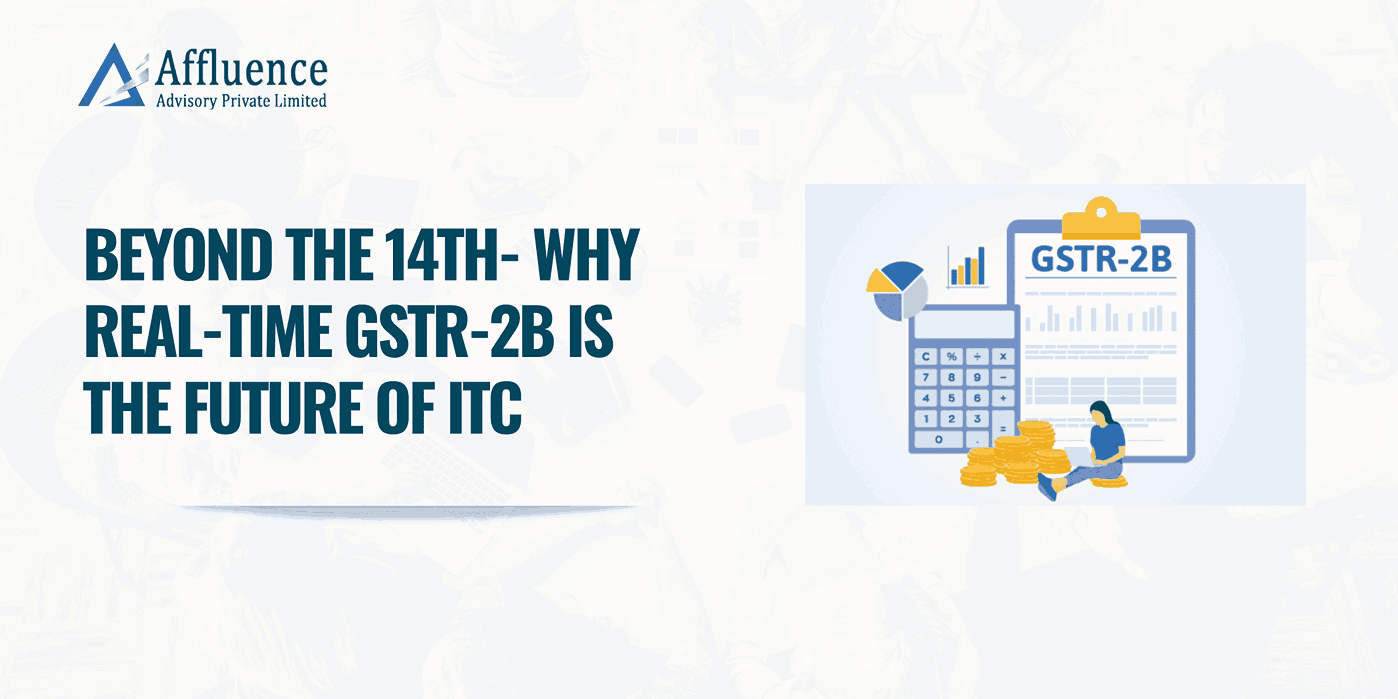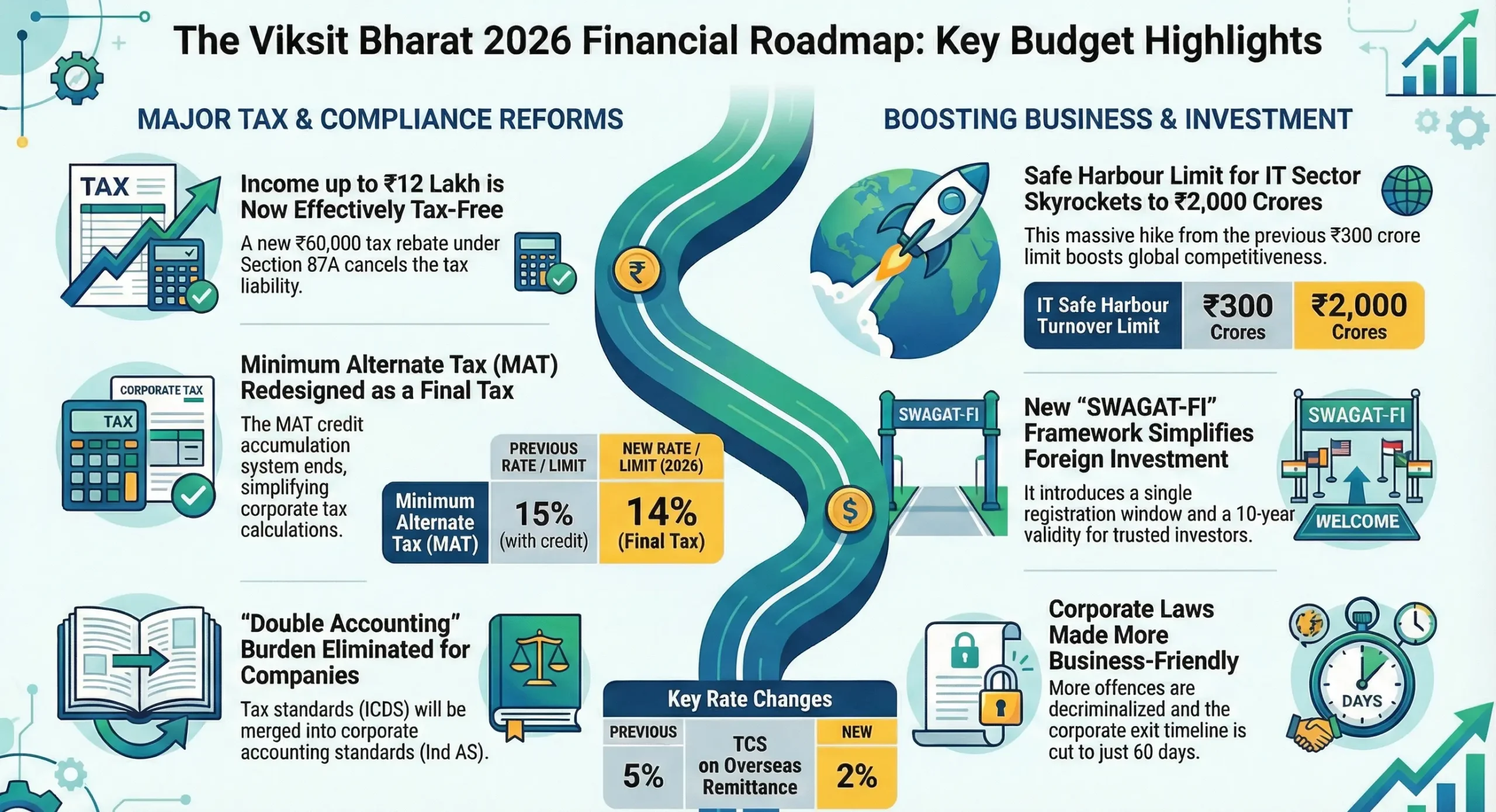Introduction:
The Social Stock Exchange (SSE) is a transformative initiative aimed at bridging the gap between social enterprises and potential investors, enabling a structured platform for fundraising and impact-driven investment. This article delves into the key aspects of SSE, its objectives, benefits, and operational framework.
What is a Social Stock Exchange?
A Social Stock Exchange is an electronic platform that facilitates alternative fundraising structures for social enterprises, encompassing both Not-for-Profit Organizations (NPOs) and For-Profit Social Enterprises (FPEs). The concept was introduced in India during the 2019-20 Union Budget under the regulatory ambit of the Securities and Exchange Board of India (SEBI).
Objectives and Rationale:
The SSE aims to:
- Provide a credible listing platform for social enterprises.
- Facilitate transparent fundraising mechanisms.
- Encourage impact-driven investments.
- Improve financial accessibility for organizations addressing social challenges.
Who Can Register?
Entities eligible for registration on SSE include:
- Not-for-Profit Organizations (NPOs): Trusts, societies, or Section 8 companies that focus on social activities and target underserved populations.
- For-Profit Social Enterprises (FPEs): Corporations that prioritize social impact alongside profitability, excluding political, religious, and trade organizations.
Fundraising Mechanisms
Social enterprises can raise funds through:
- Zero Coupon Zero Principal (ZCZP) Instruments: Issued by NPOs for specific projects without any financial return but with measurable social impact.
- Equity Shares: Available for FPEs through various stock market platforms.
- Debt Securities: An alternative for FPEs to raise impact-oriented investments.
- Donations and Mutual Fund Schemes: Funds collected through specially designed mutual funds for social causes.
Regulatory Framework and Compliance:
SSEs operate under stringent SEBI regulations, which outline:
- Registration and compliance requirements.
- Annual social impact reporting.
- Fundraising guidelines and investor protection measures.
Role of Social Auditors and Social Audit Agencies:
To maintain credibility, SSE-listed entities undergo social audits conducted by certified social auditors. These auditors ensure that enterprises meet the prescribed impact assessment criteria and maintain transparency in fund utilization.
Also Read: Social Stock Exchange (SSE) – Fund Raising Platform for “Not for Profit Organizations” (NPO)
Who is Social Auditor?
A social auditor means an individual registered with a self-regulatory organization under the Institute of Chartered Accountants of India or such other agency, as may be specified by the Board, who has qualified a certification program conducted by National Institute of Securities Market and holds a valid certificate. For further clarification, please refer to SEBI notification dated 25 July 2022 on ‘Securities and Exchange Board of India (Issue of Capital and Disclosure Requirements) (Third Amendment) Regulations, 2022.
Who is the Social Audit agency?
A social audit agency/firm means any entity which has employed Social Auditors and has a track record of minimum three years for conducting social impact assessment. For further clarification, please refer to SEBI notification dated 25 July 2022 on ‘Securities and Exchange Board of India (Issue of Capital and Disclosure Requirements) (Third Amendment) Regulations, 2022.
Investor Benefits and Tax Incentives:
Investors in SSE enjoy:
- 100% tax exemptions on investments in SSE mutual fund structures (up to INR 1 lakh).
- Exemptions from Securities Transaction Tax and Capital Gains Tax.
- Increased accountability and transparency through structured impact reporting.
Challenges and Future Prospects:
Despite its advantages, SSE faces challenges such as:
- Establishing investor confidence.
- Ensuring sustainable social returns.
- Overcoming regulatory and operational hurdles.
Going forward, SSE is expected to evolve with enhanced policy frameworks, increased corporate participation, and technological advancements, fostering a robust ecosystem for impact investing.
Conclusion:
The Social Stock Exchange presents a promising avenue for scaling social enterprises and mobilizing funds for impactful initiatives. By integrating financial markets with social development, SSE holds the potential to revolutionize the way social causes are funded and supported in the long run.
Disclaimer:This article provides general information existing at the time of preparation and we take no responsibility to update it with the subsequent changes in the law. The article is intended as a news update and Affluence Advisory neither assumes nor accepts any responsibility for any loss arising to any person acting or refraining from acting as a result of any material contained in this article. It is recommended that professional advice be taken based on specific facts and circumstances. This article does not substitute the need to refer to the original pronouncement.
CLICK HERE DOWNLOAD PDF










